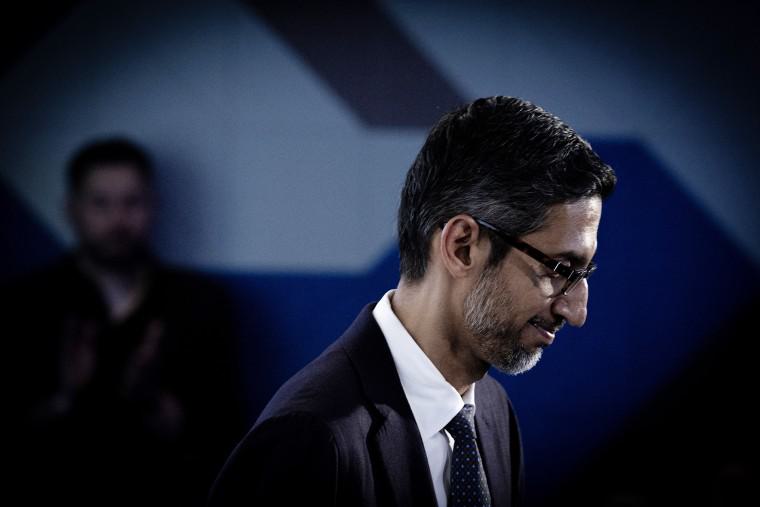Playing the fame game in business negotiations - Dispatch Weekly
November 24, 2021 - Reading time: 5 minutes

Simon is a Sports agent, The Gap Partnership contributor who started his professional life as a lawyer, and then became a sports agent representing Premiership footballers, Olympic gold medalist, Rugby World Cup winners and even Hollywood movie star. In 2016 he co-founded Dark Horses, a sports marketing agency, and now works with brands like Nissan, DHL, Under Armour and Southampton FC.
Negotiation is a huge part of the job when managing talent. In fact, it plays such a key role in what you do that it almost becomes unconscious, to the point that you don’t realize you are doing it. Even so, one of my firm beliefs about negotiation is that you should always make a conscious effort to avoid damaging relationships. Life is too short, and you never know when you’ll be needing them again.
With that in mind, below are the five negotiation principles that I can personally vouch for to achieve success.
Make it mutually beneficial
The key to negotiation is not to merely make the other party do what you want them to do. The aim is to persuade them to want to do what you want them to do, so they feel like they are getting the best deal. Locking horns and tearing each other to shreds aggressively is of no benefit to anybody in the long term. It will impact future business between the parties and in extreme cases, burn a bridge.
I recall a negotiation that took place when a client was leaving a Premier League football club. The player in question had two years left on his contract, but wasn’t getting first team football and wanted to leave. Contractually he was still owed Æ2m salary. This situation had to be managed carefully as the player wanted the salary owed, but he also wanted to leave. The club saw the situation as an opportunity to save some money.
A meeting was held with the club’s Managing Director, First Team Manager, and player. We asked the club to make the first offer. It was 75% of the salary due. Quite quickly 80% of the owed salary was agreed on. I had agreed beforehand with the player that he would accept 65% of the salary owed, so this was already more value than we had anticipated achieving. The club’s opening offer suggests that they had a maximum figure (or breakpoint) in mind of more than 80%. So in terms of expectations and relationships, this was mutually beneficial to all involved and everyone won. (Although, perhaps I can say that my client won a little more).
Face to face is better
I strongly believe that negotiation is a lot easier done in person. This is especially hard in the age of email and global transactions, and while some people prefer this engagement, for me nonverbal communication is key.
Some have estimated that 60% of all human communication is nonverbal. It can reinforce what is already being said and reveal what isn’t. It’s especially important when dealing with counterparties who speak a different language to you. If you’re not face-to face, you are not doing yourself justice.
Don’t make the first offer
Whether you are buying or selling, my advice is to never make the first offer. The other party may offer a price that is a much better deal than the one you initially had in mind. Also, whenever you have made your offer, do not volunteer another unless and until the other party has responded. Expect negotiations to be a back-and forth process. Stand firm until you have a response and remain confident throughout. This is something that I live by daily. Not just when I was an agent but also now in my day-to-day role running a creative agency.
This can be especially hard when a player’s livelihood is at stake. It’s a different situation when negotiating on behalf of a company. Advising a professional footballer to sit tight and let the club make the first move is one of the hardest things I’ve had to do.
Using silence in response is equally key. You should never respond too quickly to an offer. Pause and suspense in negotiations convey that you’re not desperate to close a deal and that you have other options available. Silence can force a surprising amount of pressure on the other party as well. This is a great tactic and has often worked in my favour especially on transfer deadline day. The clock is ticking. Staying cool during that time can have huge benefits.
Keep it civil
I never want to let negotiations become too tense. Always feel free to smile and inject humor into the conversation. Lightening up the mood can relax the person you’re dealing with, while conveying your strength at negotiating.
I believe that negotiation is one of the most enjoyable parts of any commercial role. To succeed in it, you need to use tactics that you can implement as and when you need them. For me, it’s an ongoing learning journey with a set of skills that I’m continually looking to improve. In the words of the great Lionel Messi, ‘My ambition is always to get better and better”.

DW Staff
David Lintott is the Editor-in-Chief, leading our team of talented freelance journalists. He specializes in covering culture, sport, and society. Originally from the decaying seaside town of Eastbourne, he attributes his insightful world-weariness to his roots in this unique setting.




